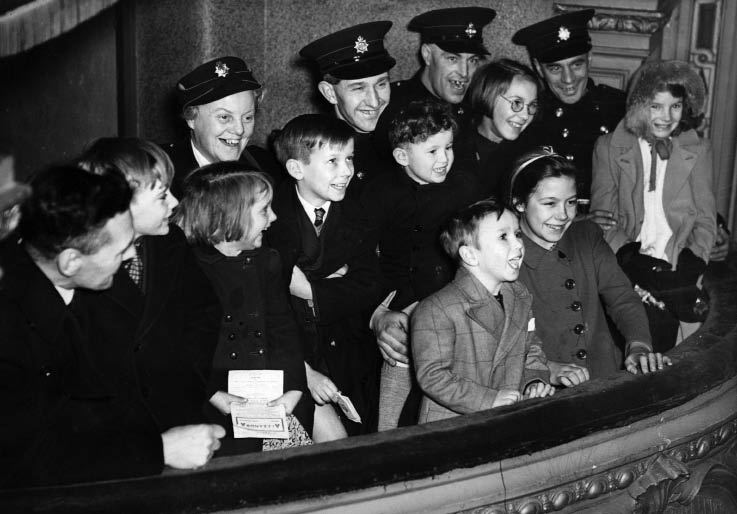Iain Sinclair is as dark as London scribes come. Engaged in a lifelong literary project, he records his own psychic and physical travels around the city, identifying what he calls ‘disappear- ances’ — people, buildings, spaces that no longer exist, but that haunt the present. While Peter Ackroyd is in thrall to London, revelling in its labyrinthine past and bounding enthusiastically over its landscape, Sinclair instead seems tortured by the place, lost in an infinity of connections and coincidences, and made paranoid by the ghosts that he unearths. Nowhere, it seems, is this paranoia more intense than in Hackney, his home borough for the last 40 years. This book is a lot of things: autobiography, local history, macabre fiction and poetic representation, all glued together by Sinclair’s neurotic, fetishistic obsession with Hackney. It reads as a tribute to the borough, but also as an agonised lament for its ‘disappearance’.
One of the hardest things to accept about Sinclair’s work is his tendency towards the occult. He is a certified ley line enthusiast, and has an only partly ironic passion for Hollow Earth theory, the pseudo- scientific belief in an underworld kingdom, accessible via various ‘openings’ on the Earth’s surface. But where in his previous work this supernatural (perhaps ‘subnatural’ is more accurate) motif can grate, in Hackney it seems all too appropriate. One of the ghosts that haunt the book is the Hackney Brook, a river that once babbled freely from Highgate to the Lea, but is now submerged, lost forever in the subterranean maze of London’s sewage system. Then there’s the Mole Man, a mad Irishman who spent decades digging tunnels underneath his home in Dalston. He was eventually evicted after the chorus of complaints from neighbours, terrified of subsidence, grew too loud. Sinclair sees the Mole Man’s urge downwards as one that is shared, metaphorically, by the borough at large, and by himself. He studies the legion of diggers in the streets — there by the grace of Hackney Council and its Olympics-fattened budget — and his curiosity is roused. ‘What are they digging for?’ he asks. His highly developed sense of the world beneath our feet is liable to cause a disorientating queasiness in the reader who ventures out onto the streets — or what he calls the ‘compliant skin’ — of Hackney.
Sinclair is fiercely satirical towards the recent influx of nominally left-leaning media types, despite identifying himself as their precursor. He can’t understand why anyone would bother to live in Hackney just to sleep there, and to spirit themselves through the crime and the grime within the cocoon of a taxi. Look out for his hatchet job on the ‘Hackney Hardcore’, a group of successful TV producers and writers who live in the far west of the borough (Islington, practically) and meet, horror of horrors, in the Groucho Club. How ironic that a good chunk of this book’s readership will consist of these very interlopers, eager to get some literary purchase on their home borough and its precious ‘edginess’.
These moribund types are in sharp contrast to the people most celebrated by Sinclair. Hackney has been a home and hotbed for all sorts of political outsiders: anarchists, communists, fascists, even a Baader-Meinhof fugitive. Sinclair interviews many of them, rehabilitating the borough’s history as a refuge for the anti-establishment. And nowhere is his respect for resistance clearer than in his treatment of the Olympics, Hackney’s sword of Damocles. Here, Sinclair is adamant: the forces of top-down ‘regeneration’ are pernicious, and will bury precious local history forever. In one radiant paragraph he savages Sebastian Coe, who he envisages
throwing back the silken linings of his deep-blue jacket, like a fallen angel, to offer this virtual world, its mounds and stadia, to investors prepared to mortgage a city’s future on the demolition and ransacking of a mythical past.
There is an intellectual inconsistency in his position on the Olympics: surely this latest rush of development will entail just another wave of ‘disappearances’ of the type that he loves to uncover. But inconsistency is not a fair charge to bring against Sinclair, whose writing so closely resembles the experience of living in this vast, complex city of contradictions. London is lucky to have him.





Comments